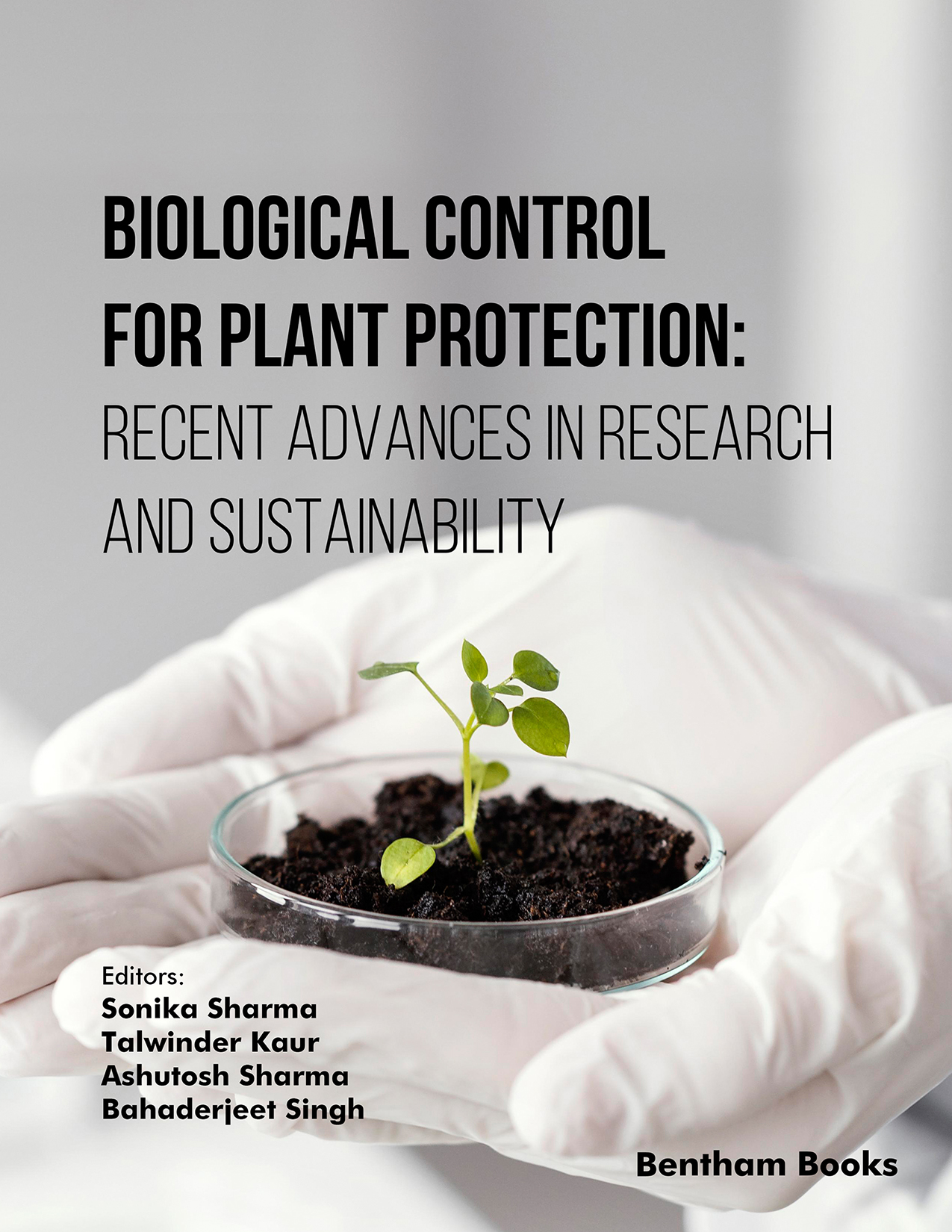Introduction
With pesticide overuse threatening ecosystems, food safety, and human health, Biological Control for Plant Protection: Recent Advances in Research and Sustainability addresses one of the most pressing challenges in modern agriculture, enhancing crop productivity while reducing reliance on chemical pesticides.
Integrating scientific advances with practical strategies to support integrated pest, weed, and disease management systems, the book brings together contributions from leading researchers and academicians providing an up-to-date compilation of topics ranging from isolation, characterization, and mass rearing of natural enemies to the field application of botanicals and biological methods for biotic stress management in plants.
Key Features:
- - Explores cutting-edge biological control methods for pests, pathogens, and weeds.
- - Highlights environmentally sustainable alternatives to chemical pesticides.
- - Covers natural enemies, botanicals, and biofertilizers as components of integrated management.
- - Presents case studies and research from diverse agroecosystems, including organic farming.
- - Provides a comprehensive reference for researchers, practitioners, and policymakers.
Readership:
Scientists, agricultural researchers, agronomists, students, and practitioners seeking innovative, sustainable solutions to plant protection.

